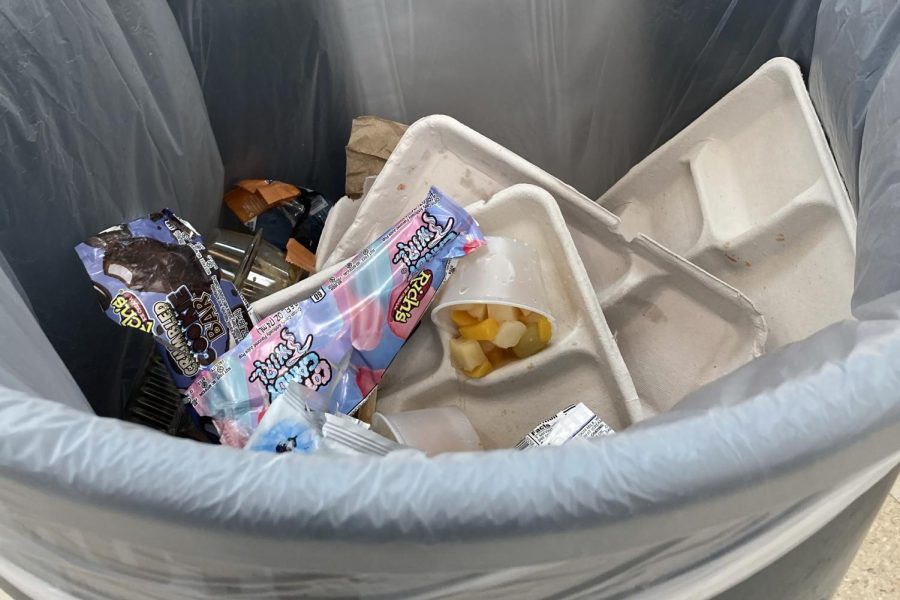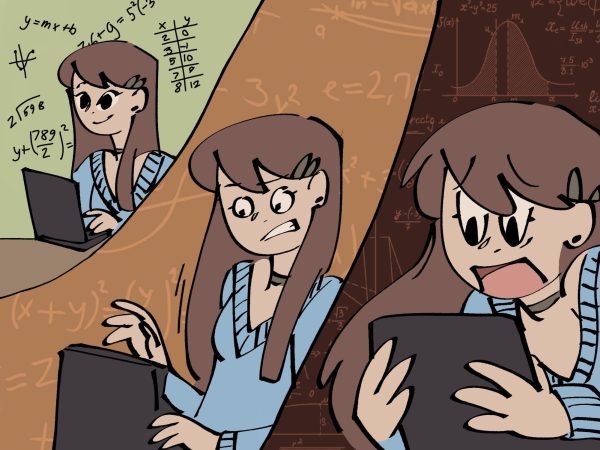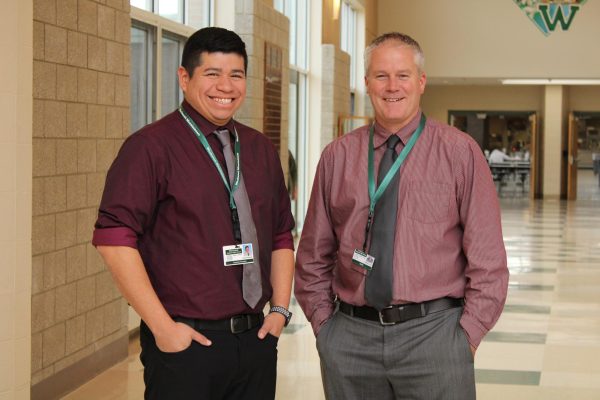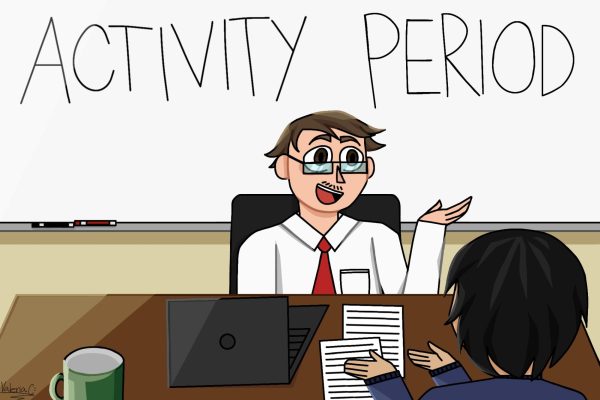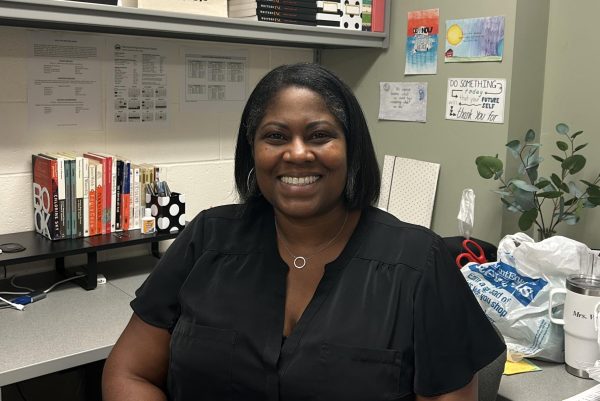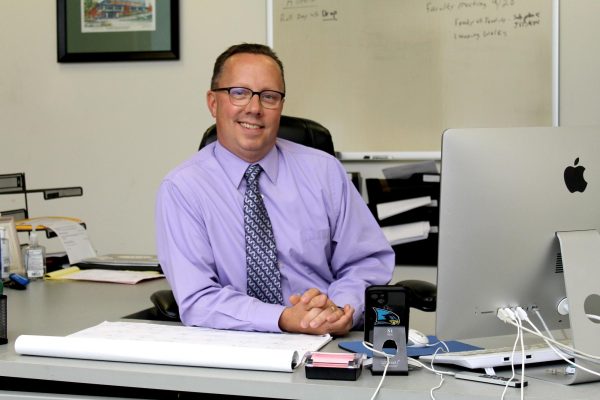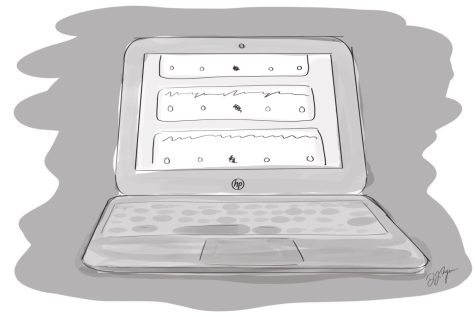Food waste continues to be a challenge at the Regional
Waste levels at the Regional continue to rise as garbage goes unsorted. In the spring of 2018, Think Globally Act Locally conducted a trash audit that estimated that the Regional produced 21,000 pounds of food waste.
“Through this experiment, it became clear to me that there was a lot more waste that could be recycled or composted,” said History department head and club advisor Angela Colwell-Arbour.
The audit concluded that a majority of the school’s overall waste came from food.
“The meals that produce the most waste are the ones no one wants to eat,” said junior Natalie Bourgeois.
Lunch staff force students to take certain elements of meals, even if they do not want them.
“Most people throw away the fresh fruit or apples because it is required for them to take,” said Mott.
Students must take certain food they know they won’t eat and end up throwing it out. For example, in the deli line, students must purchase two Uncrustables.
“I don’t even eat both my Uncrustables,” said Mott. “One always ends up in the trash.”
During the pandemic, lunch became free to all students increasing the amount of food waste produced. The main line provides a hot lunch on a tray. The deli line serves sandwiches and salads in plastic containers, producing a significant amount of waste.
“The deli line has plastic sandwich containers that cannot be recycled because there is nowhere to do so,” said senior Molly Potts.
With no recycling bins in the cafeteria, all plastic containers and cans cannot be reused and are instead thrown into the trash.
“I have to throw away my cans, there is no place to recycle in the cafeteria,” said sophomore Colin McAlisteo.
Even students who bring lunch from home contribute to the Regional’s issue with food waste.
“Lunch bringers are the biggest problem,” said senior Josh Slovin. “They have the most individual plastic wrappers.”
With the constant flow of trash, the janitors manage the multiple trash cans in the cafeteria.
“One time the trash compactor overfilled because there was too much trash,” said janitor Rob Weston. “We had to put the bags elsewhere.”
Many students said they think there should be changes to the system in place to reduce school waste.
“A compost waste system could be put in place, as well as recycling bins,” said senior Bridget MacDougall. “Plastic trays could be washed after use instead of disposable trays.”
Junior Marley Marini offered another solution.
“Students throw out food they don’t want to eat. A way to prevent this is leaving high schoolers to completely choose their own meals,” she said. “When students aren’t given food they dislike or won’t eat, the levels of food waste will go down.”
Brooke started writing for the Echo in Ms. Sasso's Journalism class during the spring semester. Brook enjoys hiking, listening to music, and skiing.



